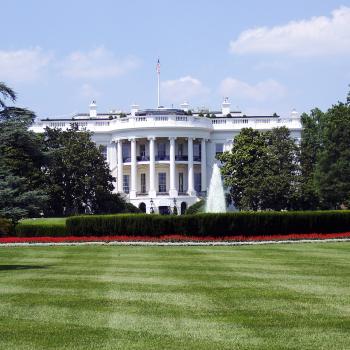Paul begins his first letter to the Corinthians with a scathing denunciation of Corinthian factionalism. He poses several rhetorical questions: Is Christ divided? Was Paul crucified for you? And he brings us baptism: Into whose name were you baptized? Paul’s? Peter’s? Calvin’s? Luther’s?
Baptism is a naming ceremony, and it places the same Triune name on all the baptized. Marked by that name, we are all servants of the same master. If I were baptized in the name of Paul, Peter, Calvin, or Luther, then it would be appropriate for me to think of myself as a member of Paul’s, Peter’s, Calvin’s, or Luther’s company, a member of one of their bodies. Since we’re baptized into Christ, we are “of” Him and of Him alone.
By identifying with an apostle rather than with Christ, individual Corinthians effectively denied their baptism. The church as a whole failed to live in accord with the name that they shared through baptism.
Paul, in short, sees baptism not only as a rite of entry into the body, an engrafting into the death of Jesus, a gift of the Spirit. Baptism is also a standard by which our performance as baptized people, and as a baptized community, are to be measured. Baptism is a canon of Christian living.
This is one of the crucial ways that baptism continues to exert its power throughout life. It is also one of the crucial ways that baptism must be united with the word. When we say a sacrament is word + element + action, we are not talking about a magic formula.
Words are part of the baptismal event itself: “I baptize you in the name of the Father, Son, and Spirit.” But that’s not the only time that baptism is united with word. Baptism has continuing efficacy because it is accompanied by a continuing word: “Into whose name were you baptized? Do you not know that those who have been baptized into Christ have put on Christ?” In this sense, baptism has its continuing power because it is not merely water but water and the word.














